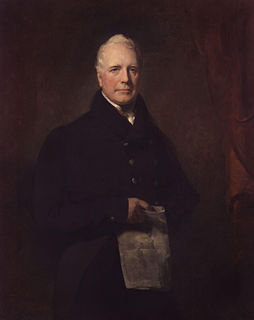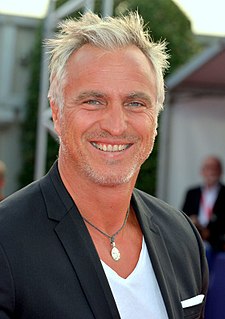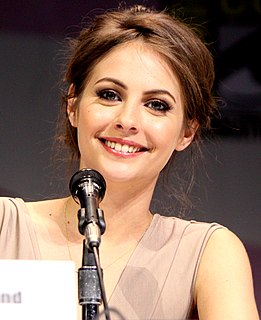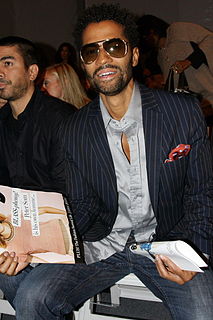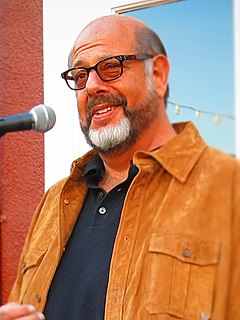A Quote by Sir David Baird, 1st Baronet
Life is rather like acting lessons while you are on stage giving a public performance!
Related Quotes
It's really up to the acting community to be willing to be educated about what performance capture is in order to fully appreciate it as acting. It's not a type of acting, but rather the use of technology to harness an actor's performance and translate it into an ape, another animal, or an avatar of some kind.
I studied acting and there's certainly an element of performance. I think that the songs are in many ways written to be performed. I think about what it's going to be like to sing them on stage rather than what it's going to be like to have someone at home listening to them on a CD. I guess in that way there's a connection between my acting experience and the songwriting and the way the songs are written.
I'm giving up acting. . . . I'm 66 and there are a number of celebrations I've got to get down on paper, and acting doesn't allow me to do that. It was a hell of a drug, performance. It's a great thrill, especially for a storyteller. But it can go. Directing can go. Writing can't go. And in terms of what lies ahead, I want to have a burning focus - almost like smoke coming up from the paper as I write.
I was applying to the art school, but there was a checklist that said I had to do either production design or stage management or acting. I thought, "I don't want to be an actor, but I know production and stage management take acting classes" - this is literally my internal monologue. I was like, "Designers don't have to take acting classes. Cool. I'll check that box".
I'm one of relatively few stage-trained actors who doesn't much like acting on stage. It feels kind of like riding the Cyclone at Coney Island, which I did when I was eight. When it was all over, I was glad I had done it, but most of the time when it was actually happening, I was just kind of hanging on for dear life.
